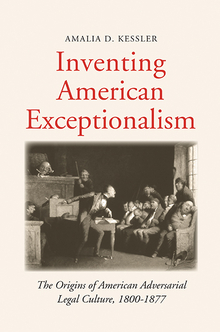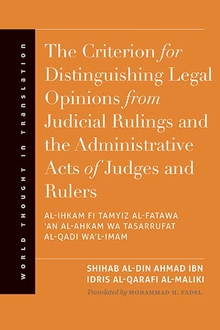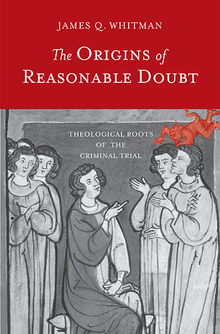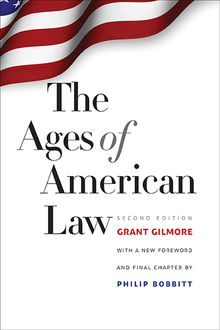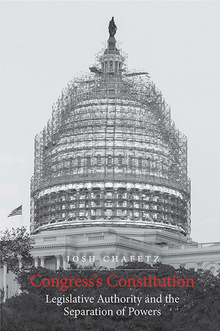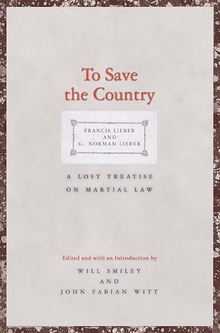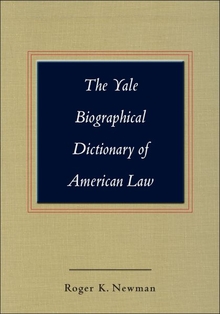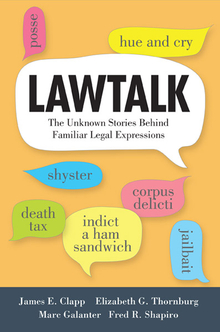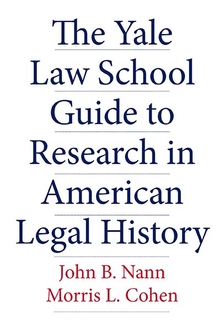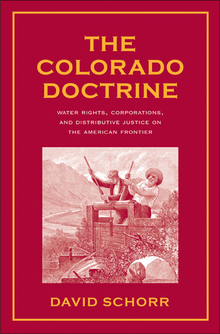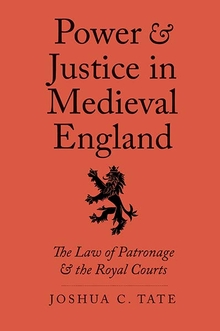Inventing American Exceptionalism
WARNING
You are viewing an older version of the Yalebooks website. Please visit out new website with more updated information and a better user experience: https://www.yalebooks.com
The Origins of American Adversarial Legal Culture, 1800-1877
Amalia D. Kessler
A highly engaging account of the developments—not only legal, but also socioeconomic, political, and cultural—that gave rise to Americans’ distinctively lawyer-driven legal culture
When Americans imagine their legal system, it is the adversarial trial—dominated by dueling larger-than-life lawyers undertaking grand public performances—that first comes to mind. But as award-winning author Amalia Kessler reveals in this engrossing history, it was only in the turbulent decades before the Civil War that adversarialism became a defining American practice and ideology, displacing alternative, more judge-driven approaches to procedure. By drawing on a broad range of methods and sources—and by recovering neglected influences (including from Europe)—the author shows how the emergence of the American adversarial legal culture was a product not only of developments internal to law, but also of wider socioeconomic, political, and cultural debates over whether and how to undertake market regulation and pursue racial equality. As a result, adversarialism came to play a key role in defining American legal institutions and practices, as well as national identity.
When Americans imagine their legal system, it is the adversarial trial—dominated by dueling larger-than-life lawyers undertaking grand public performances—that first comes to mind. But as award-winning author Amalia Kessler reveals in this engrossing history, it was only in the turbulent decades before the Civil War that adversarialism became a defining American practice and ideology, displacing alternative, more judge-driven approaches to procedure. By drawing on a broad range of methods and sources—and by recovering neglected influences (including from Europe)—the author shows how the emergence of the American adversarial legal culture was a product not only of developments internal to law, but also of wider socioeconomic, political, and cultural debates over whether and how to undertake market regulation and pursue racial equality. As a result, adversarialism came to play a key role in defining American legal institutions and practices, as well as national identity.
Amalia D. Kessler is the Lewis Talbot and Nadine Hearn Shelton Professor of International Legal Studies at Stanford University and winner of the American Historical Association’s J. Russell Major Prize for A Revolution in Commerce.
"Adversarial procedure’s presence is old. But America’s conscious idea (or ideal or ideology) of adversarialism as the exclusionary motif of civil procedure is young. This adversarialism has an origin, a history, and, most importantly, a set of social effects separate from those of mere adversarial procedure. Amalia Kessler draws this original distinction and develops all its consequences. Every proceduralist will have to read her book."—Kevin M. Clermont, Cornell Law School
"Learned and thoughtful, crisply articulated and brilliantly conceived, Inventing American Exceptionalism offers a powerful reinterpretation of our legal past. More than that, it holds trenchant prescriptions for our badly broken system of justice today."—John Witt, Yale University
"During the 19th century, Amalia Kessler shows us, various modes of judge-dominated, non-adversarial adjudication arose as alternatives to American 'adversarial legalism.' Inventing American Exceptionalism provides a fascinating, lucid, and politically illuminating account of how those alternative systems were transformed or defeated and of the enduring consequences of these developments."—Robert A. Kagan, author of Adversarial Legalism: The American Way of Law
“In this engaging volume Kessler forces us to rethink the very foundations of the legal system with which we think we are so familiar.”—Choice
Inventing American Exceptionalism by Amalia Kessler won the 2018 John Phillip Reid Book Award given by the American Society for Legal History
ISBN: 9780300222258
Publication Date: January 10, 2017
Publication Date: January 10, 2017
464 pages, 6 1/8 x 9 1/4
15 b/w illus.
15 b/w illus.

